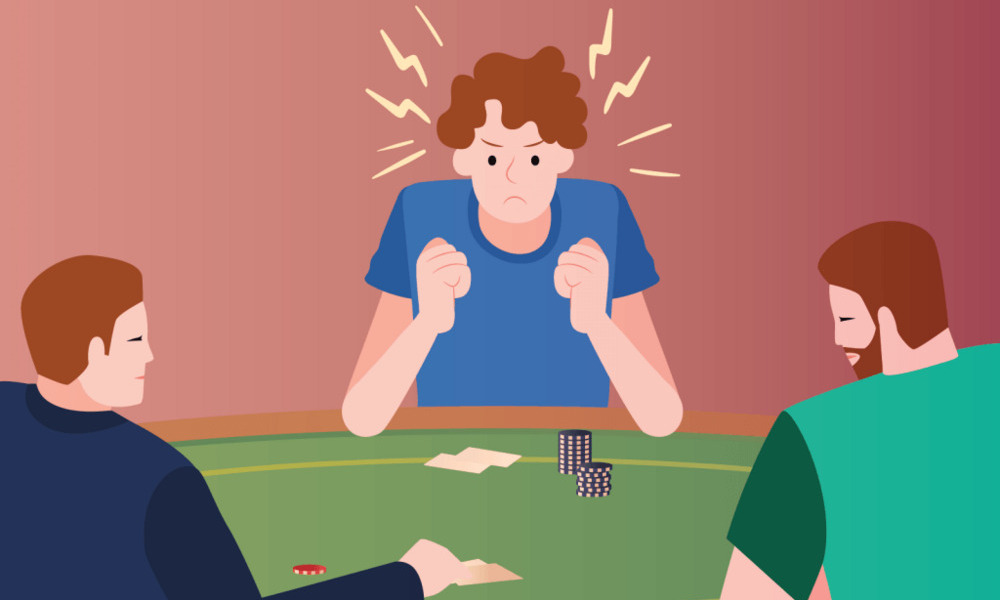Navigating the Poker Universe: Recognizing and Overcoming Tilt

The world of poker, much like any other strategic game, isn’t just about the cards you’re dealt. It’s also about the mental and emotional challenges you face. Renowned platforms like glimmercasino.net Online Casino place emphasis on understanding the psychological facets of poker to enhance gameplay. One psychological phenomenon, often discussed yet sometimes misunderstood, is ’tilt’. Let’s dive deeper into this and explore its complexities.
What is Tilt?
At its core, ’tilt’ refers to a state where a player’s emotions negatively influence their game strategy, leading them to make sub-optimal decisions. It’s when rationality gets clouded by emotions like frustration, anger, or desperation. Think of it as a poker player’s Achilles’ heel; even the most skilled can fall prey to it. A player on tilt is easily spotted: they deviate from their usual strategies, make aggressive bets out of rage or make passive calls out of fear.
Types of Tilt
While the term might seem singular, tilt comes in various forms:
- Emotional Tilt: Triggered by intense emotions, usually after a perceived unfair loss. Players might feel like the universe is conspiring against them.
- Injustice Tilt: This arises when a player believes they’ve been wronged. For instance, when a less skilled player wins through pure luck, it might feel ‘unjust’ to the better player.
- Revenge Tilt: As the name suggests, players want to reclaim their lost pride and chips. They might target a specific player who they think has wronged them.
- Desperation Tilt: Generally seen in players trying to recover a significant loss. They throw caution to the wind, hoping for a miracle.
- Boredom Tilt: Yes, being bored can lead to tilt! Players start making moves just for the sake of action, abandoning their strategies.

How to Overcome Tilt
Recognizing tilt is half the battle. Here’s how players can regain their balance:
- Awareness: The first step to overcoming tilt is recognizing when you’re on it. This requires self-awareness and the ability to monitor your own emotions and behaviors critically.
- Take a Break: When you identify signs of tilt, step back. This can be a short break to breathe and refocus, or a longer one to analyze and understand what triggered the tilt.
- Mindfulness Practices: Techniques like meditation and deep breathing can help players center themselves, allowing them to handle the emotional ups and downs of poker with equanimity.
- Bankroll Management: By setting aside a dedicated poker budget, players can protect themselves from the desperation of significant losses.
- Education: Reading books, joining poker communities, or discussing with peers can provide insights on managing tilt. Gaining perspective from seasoned players can be invaluable.
- Avoid Chasing Losses: Remember, poker is as much about minimizing losses as it is about maximizing gains. Sometimes, it’s best to fold and live to play another day.
In the cosmic game of poker, where stars are born and black holes loom, tilt is like a supernova — powerful, consuming, yet transient. With the right tools and mindset, players can navigate the vast poker universe, ensuring that they shine bright and don’t get consumed. Remember, as the wise players at Glimmer Online Casino often say, the real game of poker is played in the mind!




